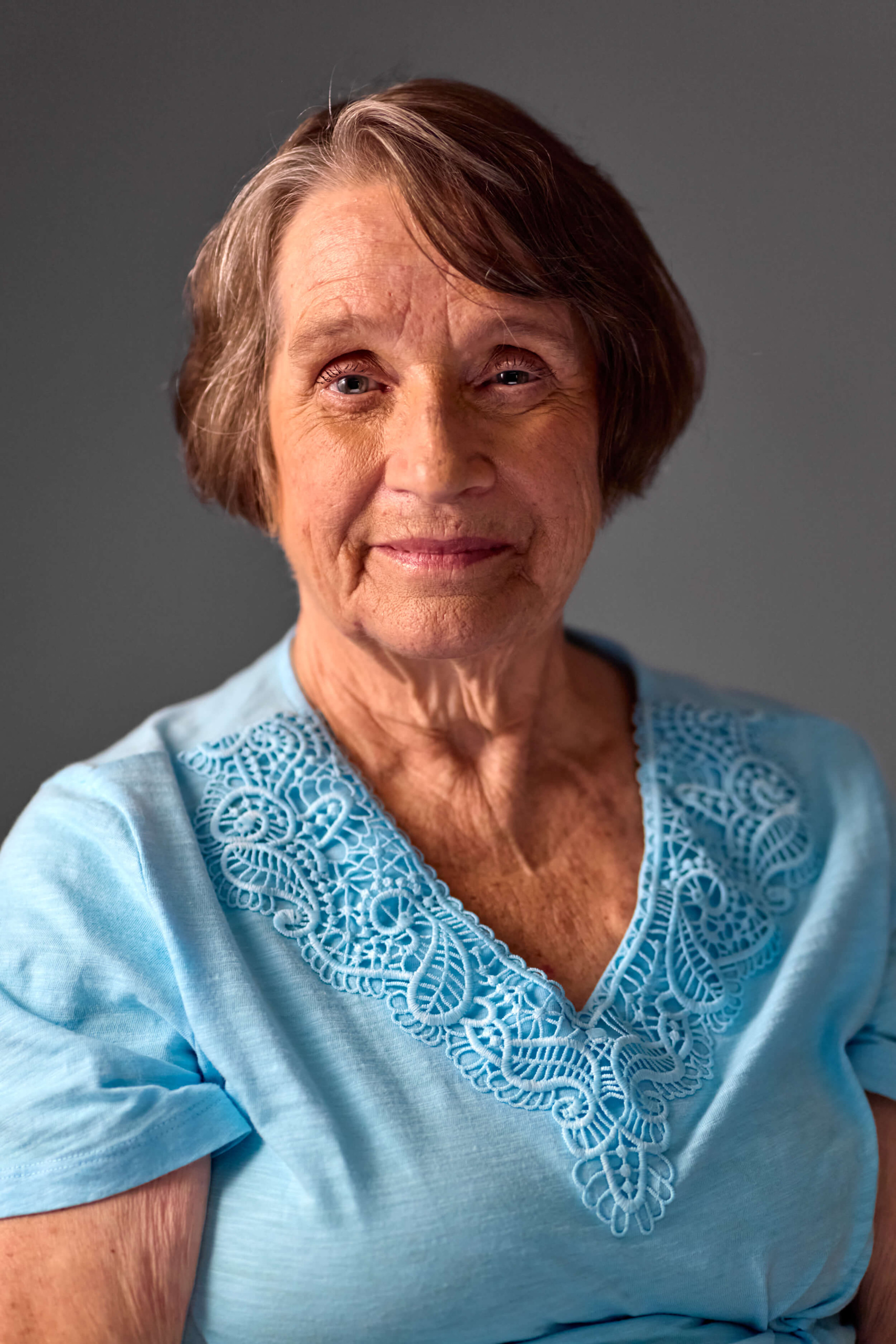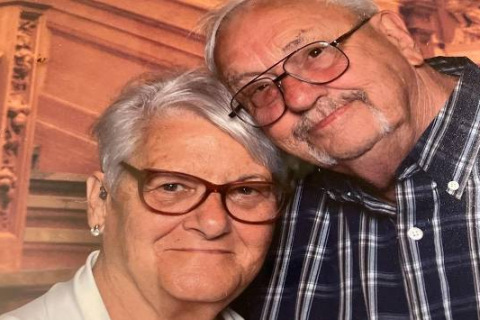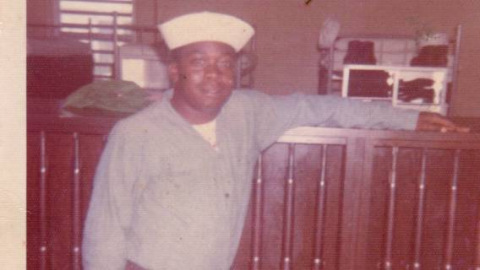The Inspiring Spirit of Mesothelioma Survivor Carla Fasolo

Fact Checked | Written by: Sean Marchese, MS, RN | Last Update: 12/05/2024 | 4 Min Read
Carla Fasolo’s cancer journey is one of hope and determination. In 2021, her doctors diagnosed her with pleural mesothelioma, a rare and aggressive asbestos-related cancer. Since then, she’s had to face one challenge after another.
Fasolo’s courage is evident. She credits the unwavering support of her loved ones and the power of community. Now she’s sharing her strength with others.
Asbestos Exposure and a Life Changed
The dangers of asbestos are insidious. Fasolo’s mesothelioma was linked to a history of asbestos exposure.
“It started with me going down to the Oneida County Courthouse in Utica, New York, with my dad,” she told The Mesothelioma Center. “I would go down there with him, and it was very dusty in the boiler room. There would be chunks of gray, fibrous stuff down there. I didn’t know what it was, but I’d pick it up and play with it.”
Secondary exposure is a confirmed method of developing mesothelioma. Many people who developed asbestos-related cancer inhaled asbestos from the clothes, skin or hair of family members who had primary exposure at work.
“We all helped my mom with everything. I helped her with the laundry, shaking it, getting the dust off his clothes and everything,” Fasolo recounted. “I couldn’t believe it. When I did my research and found out that they knew that that product, asbestos, caused aggressive cancer, I couldn’t believe that they were still putting it in things and houses.”
Pain Leads to a Diagnosis
Her mesothelioma diagnosis experience began with uncomfortable back pain. Fasolo recalls how frightening it was to discover her cancer.
“I had a little back pain on the right side, which was uncomfortable,” she explained. “So, I went to the doctor, and they asked me to lie down, and I couldn’t.”
Her pain had become so severe, lying down was excruciating. The severity of her pain concerned her doctor.
“The doctor said, ‘Call an ambulance. Get her to the hospital right away,’” she said. “They took me to the ER and told me they had found a large tumor on my chest’s right side and didn’t know if it had metastasized. [After] a CAT scan and a biopsy, they determined it was mesothelioma.”
Thankfully, Fasolo’s diagnosis was one she didn’t have to face alone. She had the support of her husband, Anthony.
Power of Love and Support During Treatment
She underwent several rounds of chemotherapy and immunotherapy. While challenging and frightening, it helped to know that her husband was always there to support her.
“We’ve been together 47 years,” Fasolo shared. “I feel like I just fell in love with him yesterday. I think he feels the same way. I think we’re soulmates.”
Fatigue is the most common side effect of both chemotherapy and immunotherapy. Cancer treatment-related fatigue can be persistent and severe.
“After I had chemo and immunotherapy, it was hard to keep up with my daily chores and to depend on Anthony to do them all the time,” she said. “He ended up having to cook and do the laundry. He did everything. He didn’t expect me to do anything. And even today, if I’m in the kitchen, he’s right there. He wants to help. I mean, he’s remarkable.”
Sharing Her Strength
Fasolo knows that surviving mesothelioma is a team effort. When advising those supporting a loved one with mesothelioma, her advice is to be supportive and positive.
“Be there to talk to them whenever they need you. You need your friends. You need your family. You need your spouse to help you through the really hard times,” she said. “I had great doctors, great friends, our Patient Advocate Karen Selby and a wonderful husband. And that helped so, so much, knowing that everybody was there for me.”
Fasolo believes that hope and trust in your support system are essential. She said she hopes survivors know that people are there to help and support.
“It’s a hard time and a lot of tough decisions, and it’s nice to have well-informed people who have a lot of information to share with you,” she said. “It really is. It’s a good thing.”





